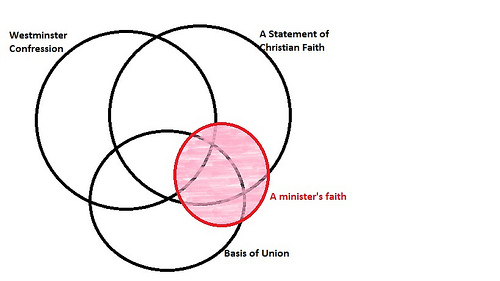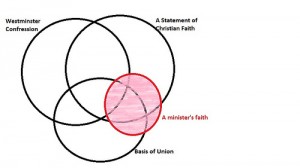I in said “I it use a word tone what a scornful, when Humpty just less choose means neither more nor Dumpty”
That does not make much sense does it.You might just realise that it is the quote from Alice through the looking glass
“When I use a word,” Humpty Dumpty said in a rather a scornful tone,”it means just what I choose it to mean — neither more nor less.”
but it hardly says that because the words are deliberately put in the wrong order. You see Humpty Dumpty is wrong, words are symbols and symbols get their meaning through use and relationship. That is how people use words and the various connections, rules and associations that we apply to the use of the word. Syntax and grammar are just two of these relationships.
If words are taken out of their relationship their meanings change:
A-‘s a giggle now
bit on it Osiris, Ra.
An अ an er.. a cough
once spoking your valleys with light.
On it St Pancras station,
the Indian and African railways.
That’s why you learn it today.
…
Get back to your language
According to Homi Bhabha this is taken from Adil Jussawalla‘s poem Missing Person. What Bhabha points out is the use of “अ” which is the first letter of the Hindi alphabet and takes the sound “er”. It ‘misplacement’ make the monoglot English speaker, such as me, stumble as we do not have the skills for interpreting the symbol. Yet oddly in that stumbling might make the intended sound, showing his poetic skill. The symbol used where it is not expected causes a tension within the poem. It carries meaning but takes it at the cost of being unintelligible.
If you have travelled with me so far, you may at least be persuaded that symbols at least in part take their meaning from their use and relationships, if they are placed elsewhere they change their meaning but that change comes at a price and that price can well be incomprehension.
Let me now turn to liturgical practice. It is accepted that all acts of worship include the handling of symbols. At the most basic level because all human culture involves the handling of symbols. That means that within the worship setting there is a system developed of handling symbols and in doing this the symbols gain specific meanings. Quite often the meanings are left unspoken or explained and it is assumed an initiate can read them.
Now in the current ecumenical age it is often assumed that symbols may be lifted from one rite and placed into another without altered meaning or even with an alternative meaning.
It should be clear from what I have written above that actually such behaviour is an act of colonialism. That is the persons so doing it, are trying to appropriate that which belongs to a symbolic system not their own and to incorporate it into their own. To a certain extent this has always gone on and the CofE as the most powerful colonizer in the UK is a past master at it. However just because the URC is a bit player does not excuse it when it does similar. I am not going to say never but the use of a symbol from another symbolic tradition needs to be done with care. There are dangers.
Firstly the transplants tend to act rather as the अ above. That is they take on a similtude of their intention rather than the actuality. Sometimes they can even mislead. My colleague at work, someone who as far as I know is a thorough going secularist and most of the time is not bothered by religion, for a few weeks in his late twenties took to wearing a cross. He wore it upside down. I decided this could not go uncommented on so I asked him what his devotion to St Peter was. So you need to be careful about the relationship between what the symbol means in its original symbolic system and what you intend it to mean.
Secondly the introduction of a new symbol into an already existent system has knock on effects. That is they have a tendency to smuggle in more than the smuggler intends. The result is a rearrangement in the meanings associated with the other symbols within the original system. The liturgical year is only brought into non-Conformist worship at the expense of the careful exegetical preaching through entire books that formed one of the planks that made us whole Bible people. That was not the intention of the innovators, they wanted to get away from preaching on a passage of your choice but now huge chunks of the Bible are rarely preached on.
Therefore I would suggest that care was taken when you move a symbol from one symbolic system to another. The movement should not be in such a way that it denigrates the integrity of the original symbolic system; the movement should be careful that the symbol works in an effective way within the system into which it is placed.
We are humans, we live within a culture and are bounded by that culture. Humpty Dumpty is wrong, because our use of symbols can never solely be what we intend them to be, they will always Janus like look back towards the previous uses and on towards the future uses. The meaning never fully resolved within the instance they are performed. If we borrow symbols from other systems or symbolic formulations then we need to think hard about what we are doing.


